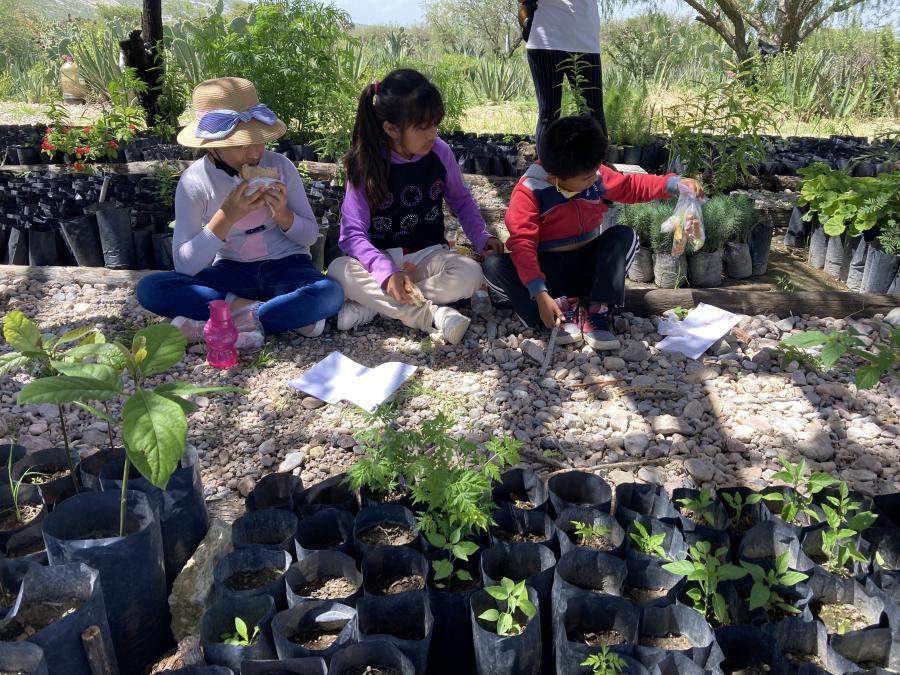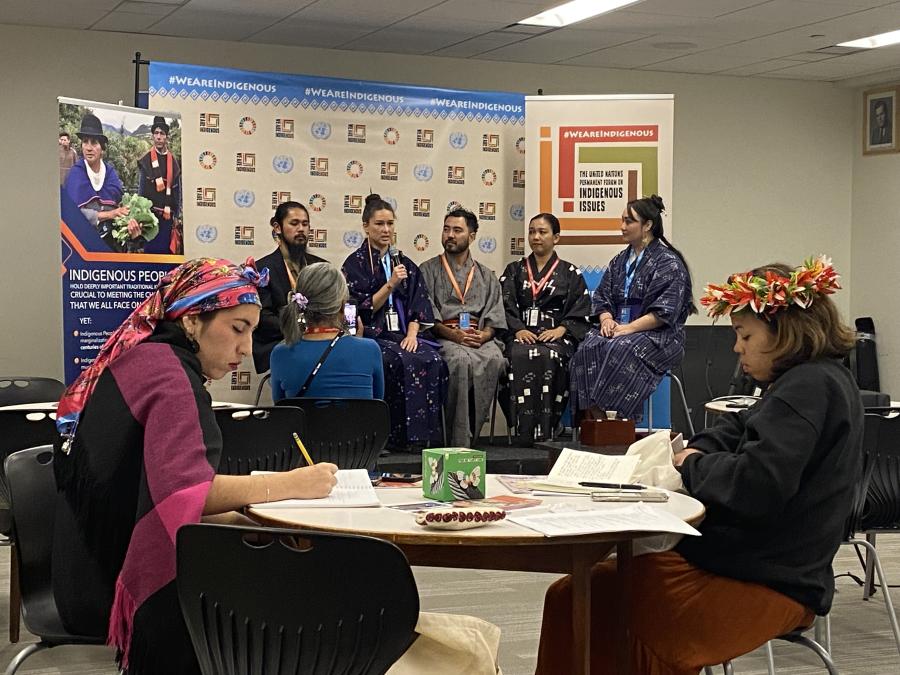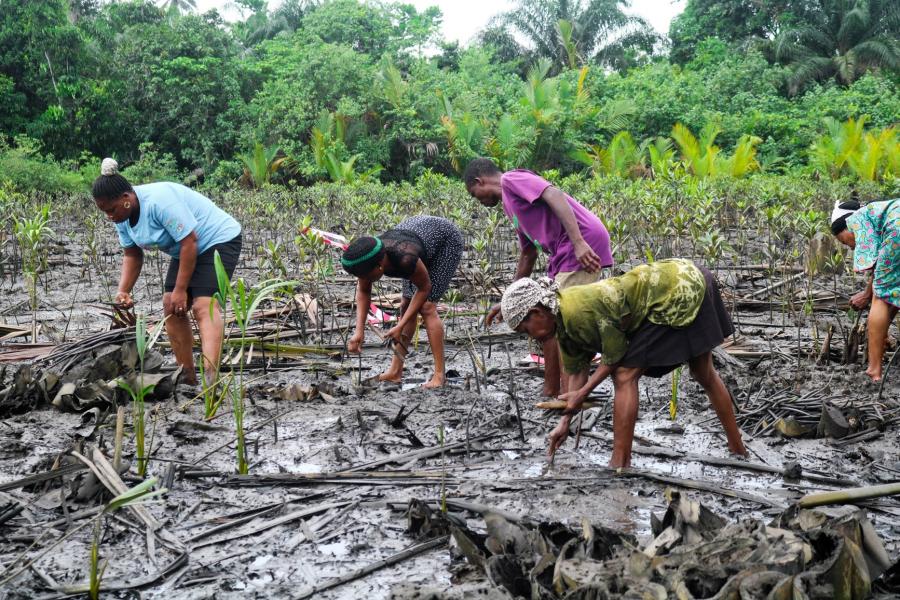
Translated and reposted from CHIRAPAQ
Indigenous women demand that their countries reduce the inequality gaps and improve the quality of life for Indigenous Peoples.
Racism and gender discrimination are intertwined in our societies. That is why Indigenous women represent the population that face some of the biggest hardships. This was pointed out by female leaders who are members of the Continental Network of Indigenous Women of the Americas (ECMIA), Tuesday the 13th, at the 59th meeting of the Commission on the Status of Women, which ended on March 20 in New York.
“If we want to talk about inclusion and be inclusive ourselves, we have to share the stage with all differences present and develop respect between us,” recommended Tarcila Rivera Zea to the states. Rivera is the Peruvian president of CHIRAPAQ, the Center for Indigenous Cultures of Peru. Rivera said that while countries should promote respect for the human rights of women, these should include the collective rights of Indigenous women in relation to their cultures and territories.
For Tania Pariona, a young leader from Peru, “there are still gaps in empowering Indigenous and non-Indigenous peoples.” Pariona stated that young leaders like herself are demanding to participate in any discussion board on topics that deal with “the rights of our people and the survival of our cultures.”
“Women in Latin America face great challenges to obtain even the most basic human rights. This is magnified in the case of Indigenous peoples,” reported Karmen Ramírez, a leader from the Wayuu people of Venezuela. Ramírez expresses that without educational and legal assistance programs, all other programs for the protection of Indigenous women will be ineffective. “Even if these barriers were overcome, women in our communities are stigmatized and excluded by extremely patriarchal societies,” she concluded.
The statements were made in the context of an intergenerational dialogue organized by UN Women, a United Nations organization dedicated to gender equality and the empowerment of women. The space aimed to strengthen ties between young activists committed to gender equality and senior leaders of the “generation of Beijing,” who participated in the Fourth World Conference on Women in 1995. During the meeting, participants examined advancements and challenges from the past twenty years and the strategies and perspectives that can accelerate the achievement of gender equality by 2030.



